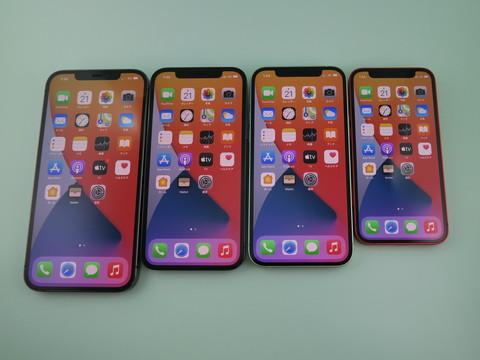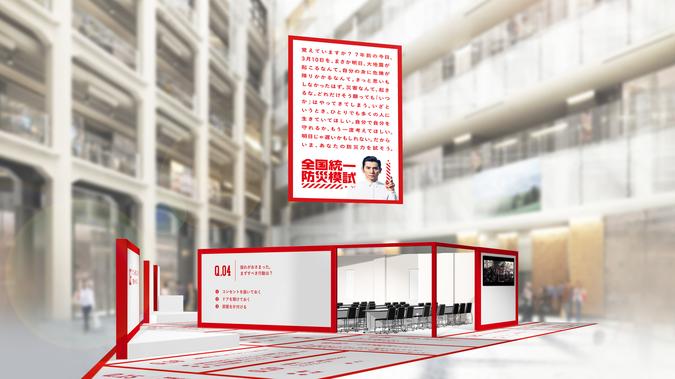"High -tech war of goods" that appears to be the Huawei incident and the position of Japan
The movement to tighten the product of the Chinese high -tech company Huawei is spreading. It seems that the US Trump administration is increasingly working on countries, saying that information could be stolen through the company's telecommunications equipment. Australia first followed this, and according to reports, Japan has decided to de factively eliminate government procurement. King's arrest drama ──Karlos Ghosn and Tanaka Kakuei cultural architect, who has authored many books on cultural theory, is an emeritus professor of Nagoya Institute of Technology, Shigeru Wakayama, who is becoming more intense between the United States and China. "I feel that only Japan, which was supposed to be a top runner of technology development, is being left." So how do you do it for Japan to show its presence in the world? Wakayama discusses from his unique "cultural mechanics" perspective.
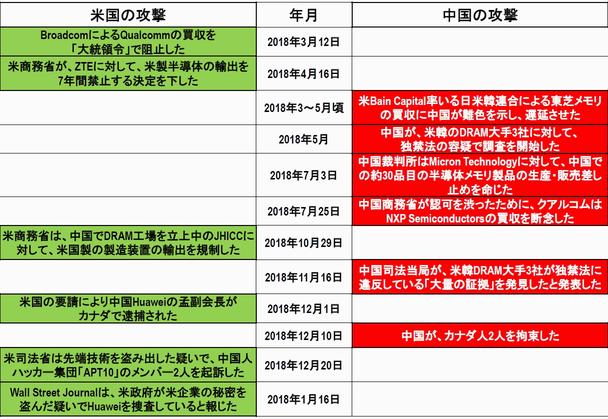
"Queen's arrest drama" and 5G
Huawei's CFO (Chief Financial Officer) was arrested in Canada (photo: Reuters/Afro)
He wrote "King's arrest drama" after repeating the arrest of Karlos Ghosn Nissan's former Prime Minister Kakuei Tanaka, but this time it was "Queen's arrest drama." The CFO of the Chinese high -tech company Huawei was arrested in Canada at the request of the United States, which made the United States and China's economic and cyber wars in a full -fledged stage. Shortly ago, I just wrote "Symphomation Terrorism, Cyber War, and Economic Sanctions" as "Three New War." It is ostensibly violated Iran sanctions, but the main point is a matter of national confidential leakage due to spyware, spy chips, or a problem of the standard (standard) of the next -generation mobile communication, which is called 5G, and the weight depending on the report. However, it is not only me who felt that only Japan was left in this situation. Here, I would like to consider the historical position in the country of information and technology development in Japan, which emerges from the international situation indicated by this case. Until the other day, this country must have been a top runner in the world's technology development. What is this rapid "feeling of placing"?
So far in the relationship between Japan and IT
During the main frame (large computer), Japanese companies such as Hitachi, Toshiba, and Fujitsu were challenging the pioneering champion IBM. In my graduate school, I earned tuition on such a large computer night operator, but I thought Japanese technical teams would eventually approach IBM's throne. Even if a personal computer began to appear, in the early days, the NEC 98 series was synonymous with it, and in the lab, there was one in the lab. I still trusted Japanese technology. However, the situation has changed since Macintosh and Windows appeared. The computer was more like a "personal partner" rather than a computer. In other words, compatibility with humans is more problematic than the performance itself. Japanese electronics manufacturers cannot create a buddy that can beat the design of Macintosh, a set of machines and operations systems, and all manufacturers have a Windows OS (operating system) on that machine. I didn't. In the center, the parts of the US company called Intel are indispensable, that is, the Japanese company was overwhelmed by Apple's design, the universality of Microsoft, and the performance of Intel. And the Internet that appeared suddenly. This is one social system rather than technology, and many new companies have been born, but now GAFA, Google, Apple, Facebook, and Amazon, a huge amount of individuals that covers users around the world. We are collecting information and expanding communication and sales strategies. "Is this field in the United States?" Japanese companies that focused on "manufacturing" have given up and have a widespread mood. As with that gap, Samsung of Korea has been driving down Japanese electronics manufacturers on TV panels and mobile phones to grasp the world's top market share, and Taiwanese manufacturers have expanded cheap products. Even the manufacturing that should have been good at it has become in danger. And this is the Huawei case.

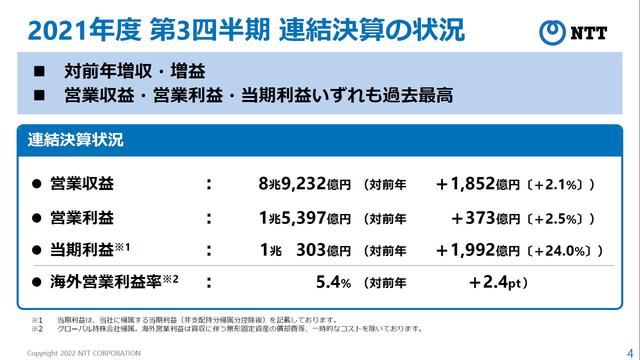


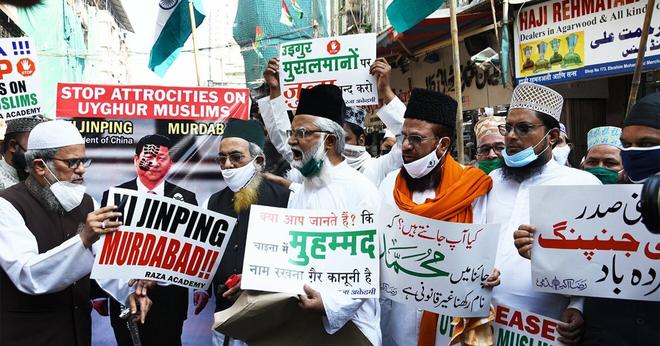
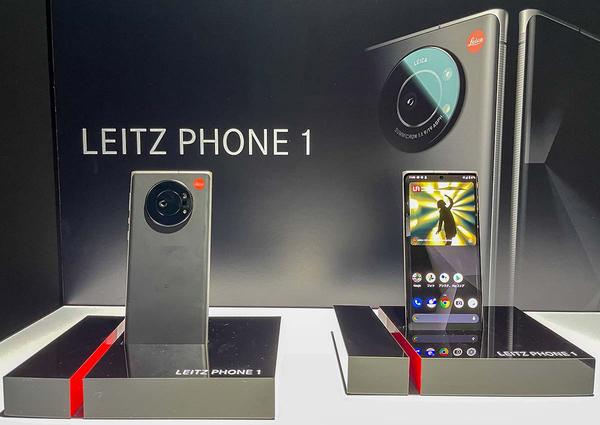
![[July 6 and 7] DX realized by content cloud, advanced platform for business transformation](https://website-google-hk.oss-cn-hongkong.aliyuncs.com/drawing/article_results_9/2022/3/9/6bbafe438d78271513761788166cbf94_0.jpeg)
